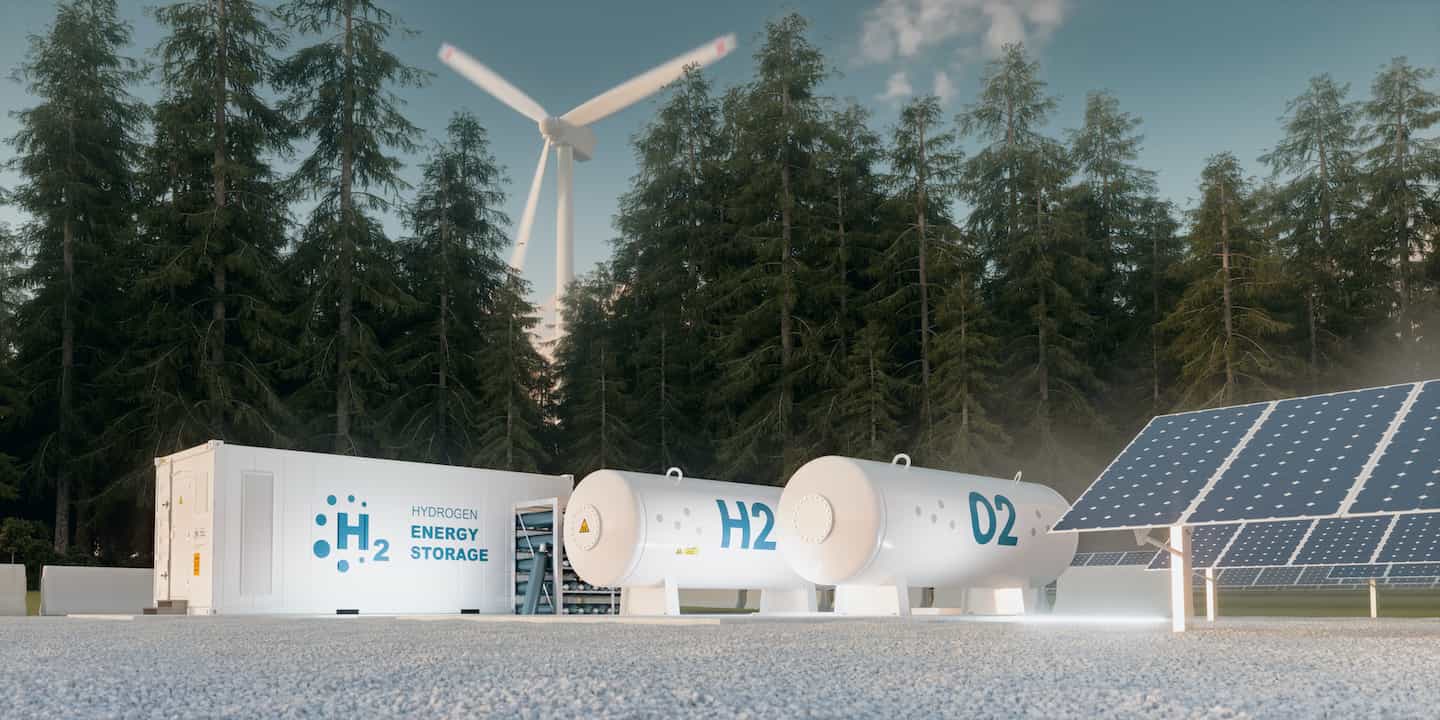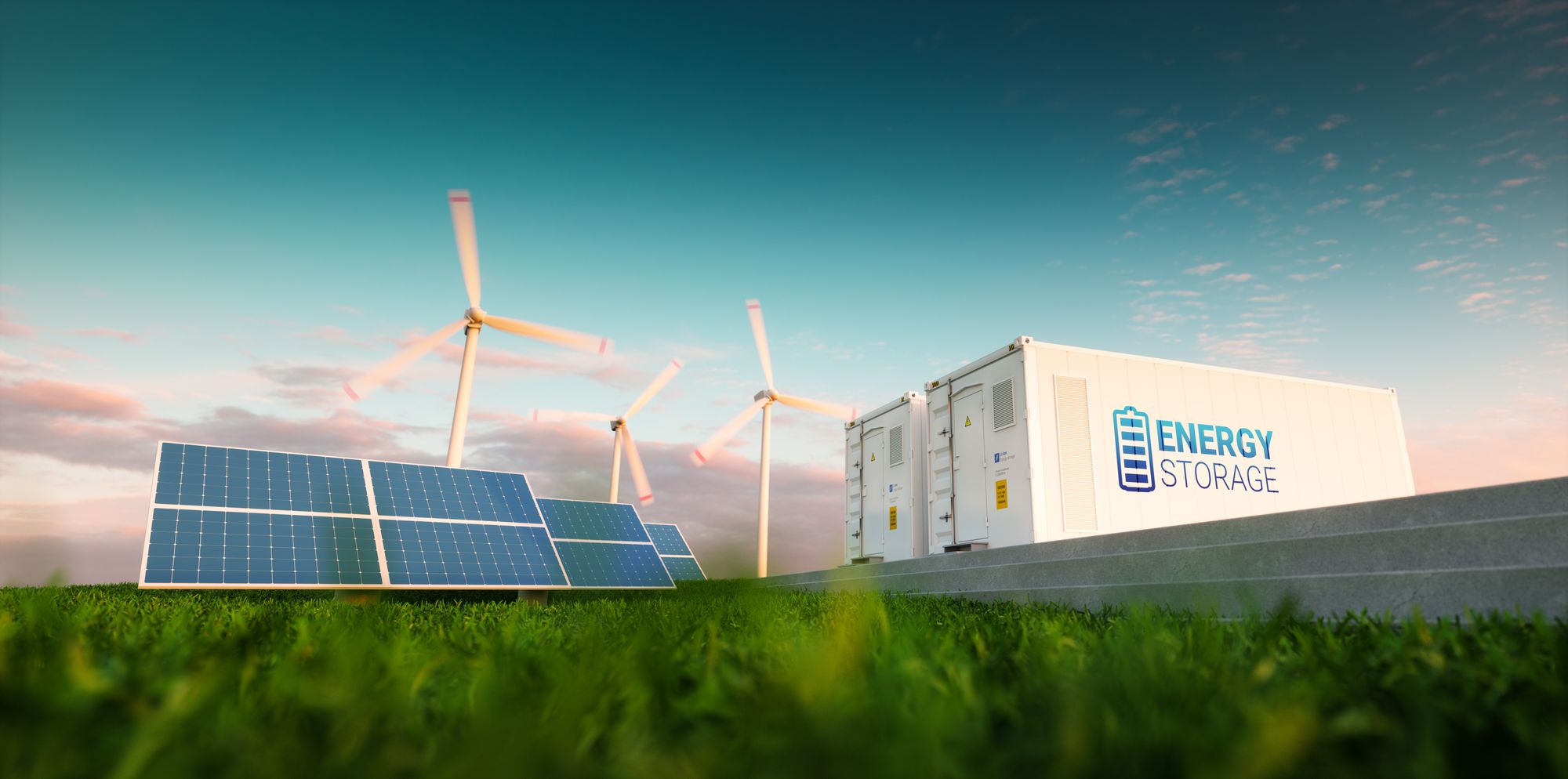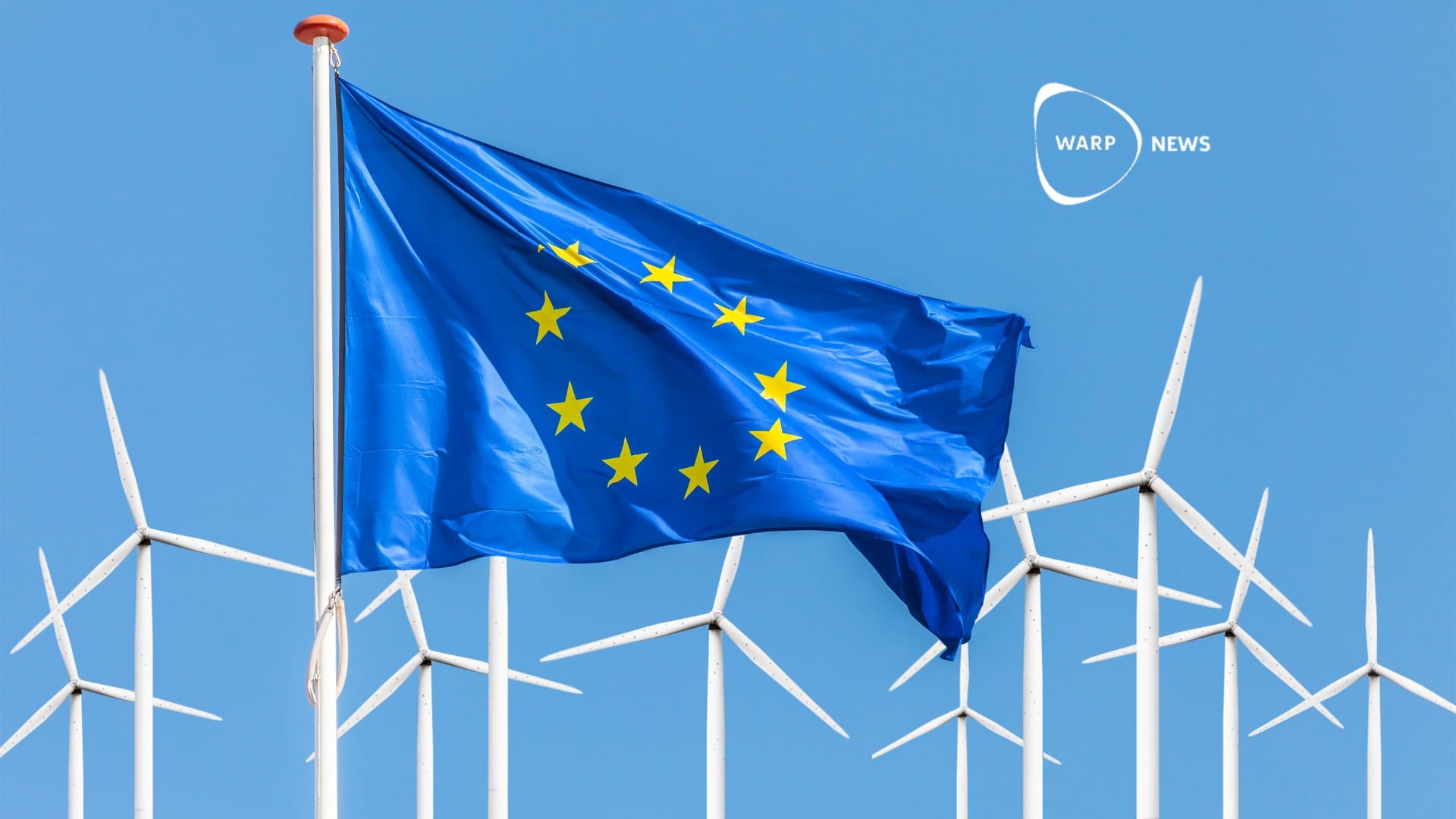
💵 Billions in investments when a new hydrogen economy emerges
Hydrogen is expected to play an increasing role in the ongoing climate change with major initiatives from the EU, Sweden, Denmark and Iceland. Hydrogen can be used in heavy industry, such as vehicle fuel and for storage of excess energy from solar and wind power.
Share this story!
More and more countries, organizations and companies are starting to invest in a new hydrogen economy. The goal is to develop sustainable and long-term solutions where renewable energy such as solar and wind can locally produce hydrogen gas.
During the summer, there have been several news stories about the new hydrogen economy. In Sweden, it has been reported that the Swedish government's initiative Fossil-Free Sweden will work out a national hydrogen and ammonia strategy that will be presented in the spring of 2021.
The European Commission has presented its investment in hydrogen and will invest 430 billion euros by 2030. In 2050, the European Commission estimates that the hydrogen economy can employ up to one million people in the EU and have an annual turnover of SEK 6,500 billion.
In Denmark, efforts are being made to strengthen the role of hydrogen in the economy and reduce emissions. Among other things, two large "energy islands" will be built with wind farms in the North Sea and the Baltic Sea with hundreds of new wind turbines. The electricity from wind power will be used to produce green hydrogen gas that can be converted into aviation fuel but also used in industry and land transport.
In Iceland , a hydrogen vision has been developed until 2030, which aims to increase the pace of emission reductions. By 2025, Iceland is planned to have developed a roadmap for hydrogen until 2050.
With many initiatives and investments, the future looks positive in another environmental area. Hydrogen appears to play a major role in both the short and long term.
By becoming a premium supporter, you help in the creation and sharing of fact-based optimistic news all over the world.


